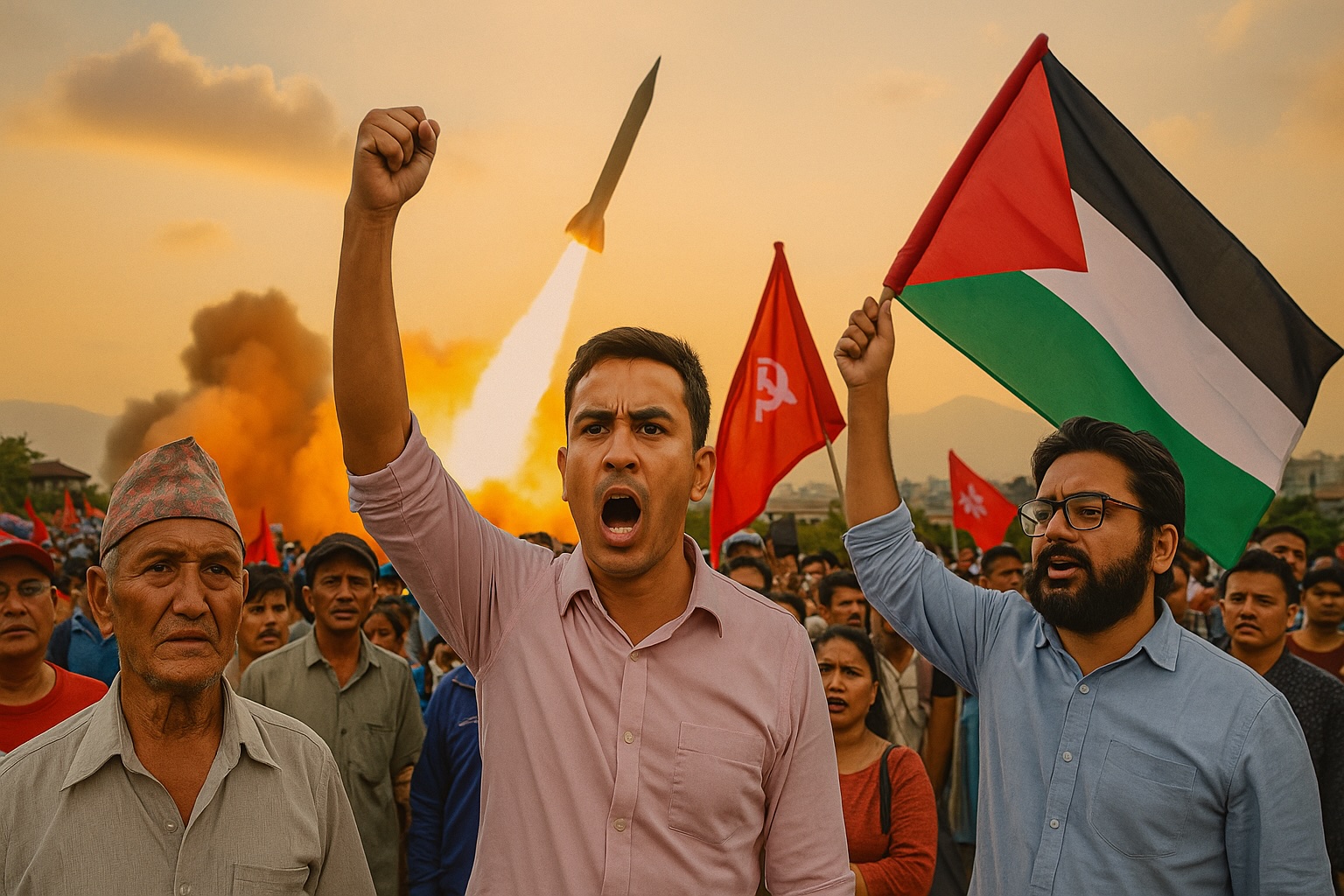Terror Spreads Among Nepalis in the Middle East Following Iranian Missile Attack on US Base in Qatar

A recent missile strike by Iran on the US military base in Qatar has sent shockwaves through the Nepali community living in the Middle East, exacerbating fears and insecurities among thousands of Nepalis working and residing in the region. Senior journalist Kishor Shrestha poignantly captured this rising anxiety in a Facebook post: “I just got a call from friends in Qatar—they said Iran has started targeting the US military base here. In Israel, sirens wail when bombs fall and people can take shelter. But here, nobody knows what’s going on. Please stay safe; we have much more to see and endure.”
This heartfelt message reflects the growing uncertainty and fear among Nepalis who find themselves caught in an unpredictable and increasingly volatile environment. The missile attacks have disrupted everyday life, with many reporting difficulty maintaining normal routines amid heightened security concerns and a pervasive sense of vulnerability.
Compounding the tension are recent political protests in Kathmandu, where some radical groups have held demonstrations in support of Iran and Palestine. Journalist Vikash Pandey expressed his dismay over these developments on social media: “Nepal’s left-wing and Maoist factions are rallying in support of Iran, a principal exporter of Islamic extremism. Can they be entrusted with the welfare of millions of Nepalis living in the Middle East?”
Many within Nepal’s broader society have voiced disapproval of these protests, warning that radicalism targeting the US and Israel could imperil both domestic stability and the safety of Nepalis abroad. Critics argue that such demonstrations not only deepen ideological divides but also complicate Nepal’s diplomatic relations and jeopardize the well-being of its expatriate community.
The precarious situation underscores an urgent need for measured and responsible discourse, both within Nepal and among the Nepali diaspora. While expressions of solidarity and political activism are legitimate, they must be balanced with a commitment to peace, safety, and the protection of vulnerable communities abroad.
As the region grapples with escalating conflicts, the plight of Nepalis living in the Middle East serves as a poignant reminder of the human cost of geopolitical strife. Safeguarding their security and welfare is paramount, requiring coordinated efforts from governments, civil society, and the international community.
In these challenging times, the collective hope is for a future where Nepalis can live without fear, free from the shadows cast by distant wars, and where peace and stability prevail both at home and abroad.



